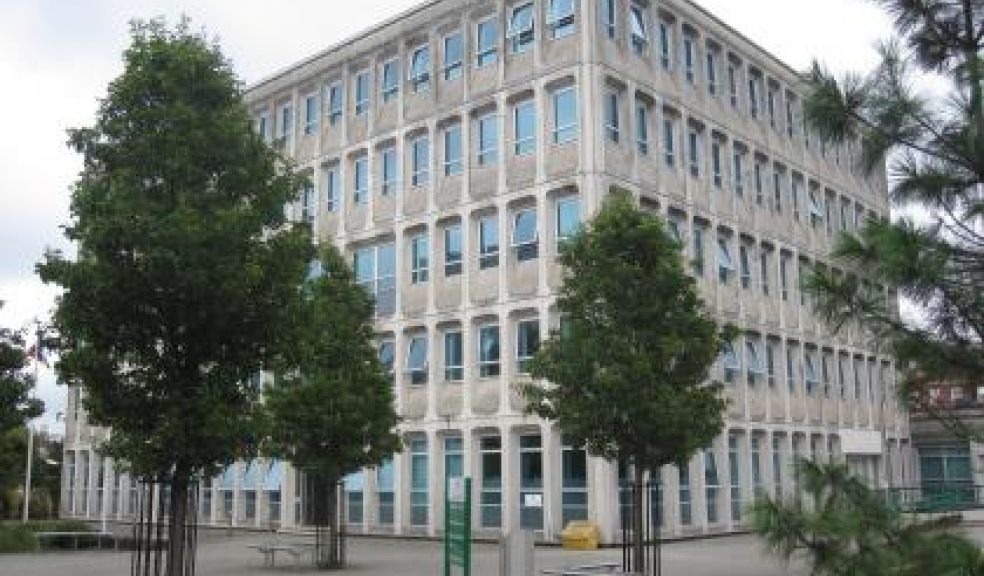
Topsham Gap decision branded "extremely disappointing"
A decision by an independent planning inspector to allow development to go ahead in the Topsham Gap has been described as "extremely disappointing" by Exeter City Council.
Officers have strongly criticised the decision for failing to recognise local sentiment and called the government's formula for calculating housing supply as "illogical” and “fundamentally flawed".
The City Council originally refused the application for a 60 bed residential care home, 47 assisted living apartments and 55 homes for older people on a site north of Exeter Road, Topsham.
However the developer appealed the decision and an independent inquiry was held in February after being moved to Westpoint to accommodate the large number of Topsham residents who wished to attend.
Yesterday (28 April) the planning inspector ruled in favour of the development, allowing it to go ahead.
Exeter City Council's Assistant Director Planning, Richard Short, said: "I am extremely disappointed that the Inspector has allowed the appeal and reached these conclusions on Exeter’s housing supply and on the importance of the site to the Exeter-Topsham Gap.
"His conclusions on the gap are clearly not shared by many Topsham residents. Local, long-term planning policy has been developed to protect the unique characteristics of places like Topsham but the inspector completely ignored this and concluded that the degree of harm to the gap between Topsham and Exeter would be modest and would not cause coalescence."
Mr Short said that Exeter was at the forefront of housebuilding and strategically planned ahead.
"We have provision for 6,000 new houses on sites at Monkerton and Newcourt, so to say that we don't have enough housing supply for the next five years demonstrates that the government's formula for calculating these things is fundamentally flawed and stacked in favour of developers."
He added: "Exeter is the 5th highest ranked city when you look at the change in the number of houses being built. Unfortunately the rate of development is constrained by the rate the housebuilders want to build at and these are the figures that count when calculating housing supply, not the properties that are in the pipeline waiting to be built. That can't be right!"
Exeter has a strong track record of delivery: more than 600 houses have been built in Exeter over the last year and the authority expects that more than 600 will be built in future years.
"At 600 homes per annum we have over 8 years housing supply," said Mr Short, who added that the Council has a stockpile of planning consents, with planning permissions granted accounting for the delivery of over 5,000 new homes, 5,600 when you include student accommodation.
"Yet, in the face of this reality, it is illogical and flies in the face of common sense when flawed government planning policy and technicalities, which are firmly in favour of volume housebuilders, lead a planning inspector to conclude that Exeter is not building enough houses and grants an application like this!"
The City Council is not alone in suffering the impacts of central government planning policy as planning appeals have recently gone against both East Devon and Mid Devon District Councils. Furthermore, this decision has potentially serious implications for all university cities across the country.

















